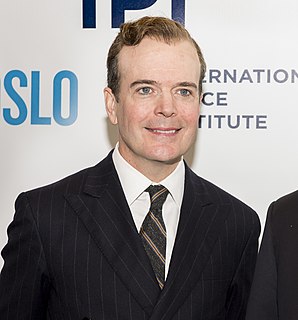A Quote by George Orwell
No one, at any rate no English writer, has written better about childhood than Dickens. In spite of all the knowledge that has accumulated since, in spite of the fact that children are now comparatively sanely treated, no novelist has shown the same power of entering into the child's point of view.
Related Quotes
A novelist can shift view-point if it comes off. ... Indeed, this power to expand and contract perception (of which the shifting view-point is a symptom), this right to intermittent knowledge - I find one of the great advantages of the novel-form ... this intermittence lends in the long run variety and colour to the experiences we receive.
Remember that accumulated knowledge, like accumulated capital, increases at compound interest: but it differs from the accumulation of capital in this; that the increase of knowledge produces a more rapid rate of progress, whilst the accumulation of capital leads to a lower rate of interest. Capital thus checks it own accumulation: knowledge thus accelerates its own advance. Each generation, therefore, to deserve comparison with its predecessor, is bound to add much more largely to the common stock than that which it immediately succeeds.
From a Buddhist point of view, the actual experience of death is very important. Although how or where we will be reborn is generally dependent on karmic forces, our state of mind at the time of death can influence the quality of our next rebirth. So at the moment of death, in spite of the great variety of karmas we have accumulated, if we make a special effort to generate a virtuous state of mind, we may strengthen and activate a virtuous karma, and so bring about a happy rebirth.
Read a lot. But read as a writer, to see how other writers are doing it. And make your knowledge of literature in English as deep and broad as you can. In workshops, writers are often told to read what is being written now, but if that is all you read, you are limiting yourself. You need to get a good overall sense of English literary history, so you can write out of that knowledge.
We take the side of science in spite of the patent absurdity of some of its constructs, in spite of its failure to fulfill many of its extravagant promises of health and life, in spite of the tolerance of the scientific community for unsubstantiated just-so stories, because we have a prior commitment, a commitment to materialism... We cannot allow a Divine Foot in the door.







































